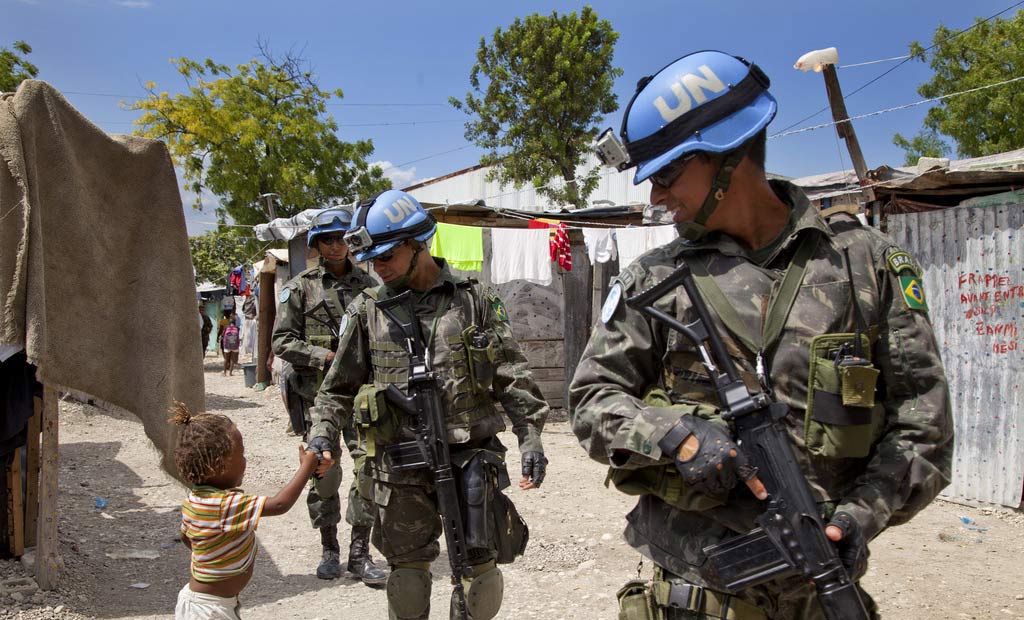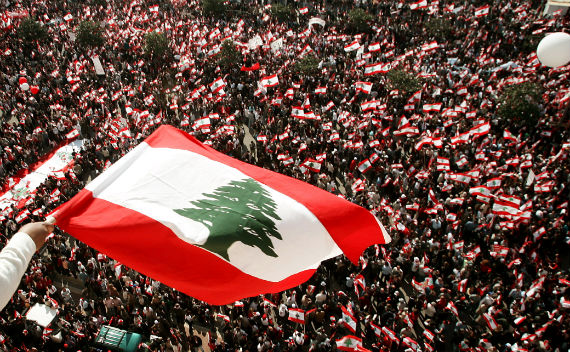How Will Foreign Policy Change Under a Liberal Government?
Jonas Becker: “Real Change”?
Program Editor, Procurement
With a substantial Liberal majority in Parliament, Canadian foreign policy certainly has the potential to change. But will it, at least in any discernible effect? In some areas, despite the rhetoric, probably not.
Take the involvement of the Canadian Armed Forces (CAF) against ISIS. Under Stephen Harper’s leadership, the CAF has conducted 1,046 aerial bombing and combat missions, while Special Forces are actively engaged in training local assets in the Kurdish Peshmerga and Free Syrian Army (FSA) on the ground. Under our new Prime Minister, the “combat” arm of the mission, specifically the aerial bombing, will cease. Canada, however, will continue to provide supplies and training for regional forces, focusing on “humanitarian” issues.
Whether we like it or not, having upwards of 70 Special Forces on the ground in an active battle zone is combat work. This past March, Sgt. Andrew Doiron was killed in a friendly fire incident with Kurdish troops while returning to an operating post. Canadian soldiers frequently find themselves returning fire against ISIS while conducting training.
Justin Trudeau made a series of remarks in the House of Commons several months ago, condemning Harper for Canada’s “stealthy increase” of commitment against ISIS. Subsequently ceasing the involvement of an untouchable air force and keeping ground troops directly in harm’s way elicits a slight case of confusion.
Michael Kang: Just How Sunny Will It Be?
Research Analyst Intern
With still two weeks before Justin Trudeau is sworn in, it seems premature to say whether there will be any “sunny” days included in our forecast. Yet there are plenty of chances for him in the upcoming months to show his dedication to change in the foreign affairs arena. The next couple of months see Trudeau attending the G20 summit, the Asia-Pacific Economic Cooperation (APEC) summit, the Commonwealth Leader´s summit and, to top it off, the Paris climate change summit. This packed schedule gives Trudeau an opportunity to start implementing his party platform.
As he meets with some of Canada´s closest military and trading partners, Trudeau may change strategy against ISIS and take the next step of finalizing a free trade agreement with the European Union. He has also pledged to accept more refugees and assume a much more accommodating stance toward climate change.
With the EU trade deal and the Trans-Pacific Partnership (TPP) agreement settled and in the process of ratification, it’s unlikely that the Liberals will reverse decisions on these matters, especially with so much economic planning and trade potential at stake. Moreover, with the Liberals backing the Keystone XL pipeline, it is clear that the economy will be a primary focus of the new government.
At this point, it is also too late in the year to realistically expect the Liberals to process and accept the 25,000 that were promised during the campaign. Seemingly, the only area where Trudeau can realistically implement any notable change in the short term will be withdrawing from the military campaign against ISIS.
Ian Goertz: You Can Change the Mask—But You Can’t Change the Scary Face Underneath
Program Editor, Canada’s NATO
With Halloween fast approaching, it seems appropriate to consider whether the Liberals will implement changes; while many have hopes for the new government, the election result may amount to no more than a simple changing of costumes.
This slightly pessimistic view on foreign policy change arises from the many underlying issues that have not been addressed in past decades. There has been severe under-funding of Canada’s Department of National Defence, the Canadian Armed Forces, and the Foreign Service. These departments are all crucial to Canada’s ability to act on the world stage, and the capacity for implementing real change will require vast and radical funding changes to these departments.
The hope is that this new government will do what has not been done in the past: invest in vitally important foreign policy sectors. It seems, however, that foreign policy is rarely the highest priority with a new government. It takes a long time for new ministers to formulate changes, something that is even more complicated in the field of foreign affairs. If change is to happen, it will take place over a longer period of time than other policies.
It is my hope that something will be done. With this longstanding track record, however, it may simply be a case of changing the mask while still leaving the core issues intact.




